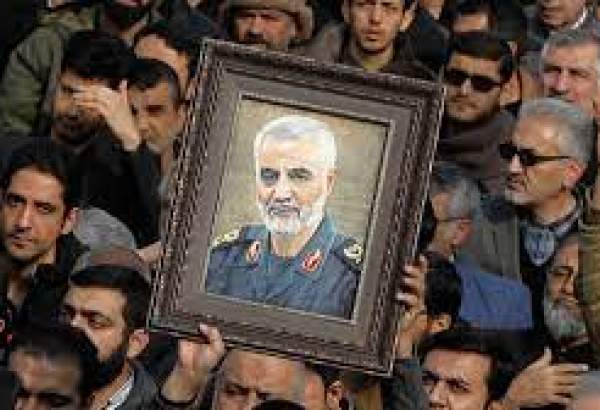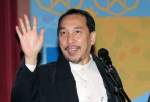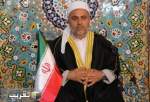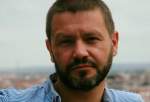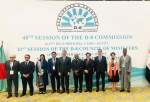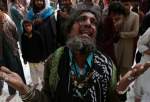Esmaeil Baghaei Hamaneh, Iran’s permanent ambassador to the UN office in Geneva, made the remarks on Thursday, addressing the 47th session of the United Nations’ Human Rights Council.
He was addressing a report last year by Agnes Callamard, the UN special rapporteur on extrajudicial, summary or arbitrary executions, about the assassination, that sufficed to describe it as “arbitrary killing.”
The Iranian diplomat called the designation a mere understatement of the terrorist crime that failed to depict the enormity of the “unjust, illegal, and barbaric murder.”
Callamard’s description, he said, should not lead to any underestimation of the gravity of “this act of state terrorism.”
General Soleimani, the former commander of the Quds Force of Iran’s Islamic Revolution Guards Corps (IRGC), was martyred together with his companions in a US drone strike that targeted Baghdad early last year. The attack came while General Soleimani was paying an official visit to the Iraqi capital.
The strike had been directly ordered by former US president Donald Trump.
Among the other martyrs were senior Iraqi counterterrorism commander, Abu Mahdi al-Muhandis.
Both commanders had earned huge admiration both inside their respective countries and throughout the region that they continue to be remembered by posthumously. General Soleimani’s reputation has registered him as the region’s most decisive and popular anti-terror military official, who led the region’s successful battle against the foreign-backed Takfiri terrorist group of Daesh.
Baghaei Hamaneh described General Soleimani as a “true defender of the human rights as well as an opponent of occupation and Daesh’s terrorism.”
“This measure (targeting him) was an international crime that came to threaten the international peace and security too,” he added.
The culpability of the US administration, including those who were involved in the assassination, is clear to see, the diplomat said.
“The Iranian people, who know [General] Soleimani as the model of a soldier, and the entire people of the region, who consider their liberation from the scourge of Daesh to be owed to his sacrifice, will never stop demanding justice for this tremendous crime,” he stated.
The world’s human rights organizations are expected to pay heed to the sheer scope of the crime and its lasting repercussions for the rule of law as well as the humanity’s rights and dignity, Baghaei Hamaneh said. The bodies have to realize the full extent of this “clear example of lawlessness and insult against the basic right to life,” he concluded.

